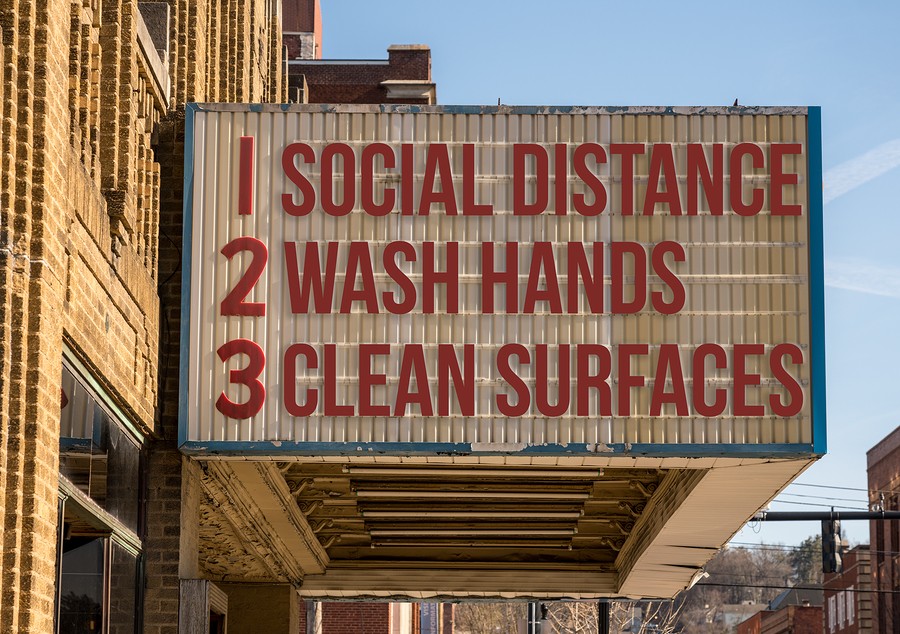CDC Guidelines for COVID19 Workplace Safety as Businesses Re-Open

Communities are starting to ease their COVID19 restrictions, which means many businesses will be re-opening under new guidelines. While this is welcome news for many business owners, questions remain about workplace safety. The Centers for Disease Control and Prevention (CDC) has an updated reference site for businesses with a guide to ongoing mitigation and resources for COVID19 prevention and support.
The site offers a special section for Frequently Asked Questions on the following topics: Suspected or Confirmed Cases of COVID-19 in the Workplace, Reducing the Spread of COVID-19 in Workplaces, Healthy Business Operations, Cleaning and Disinfection in the Workplace, and Critical Infrastructure.
The Department of Labor also has a thorough safety guide compiled under the Occupational Safety and Health Act (OSHA) available for download. This 35-page document is not a standard or regulation, and it creates no new legal obligations. It does contain recommendations as well as descriptions of mandatory safety and health standards. Download the OSHA guide at https://www.osha.gov/Publications/OSHA3990.pdf
For more information on CDC guidance on other COVID19 issues that may affect you see https://galligan-law.com/covid19-update-cdc-recommends-care-plans-for-both-older-adults-and-caregivers/.
Resources: Centers for Disease Control and Prevention, Businesses and Workplaces: Plan, Prepare and Respond, updated April 20, 2020.
Suggested keywords: